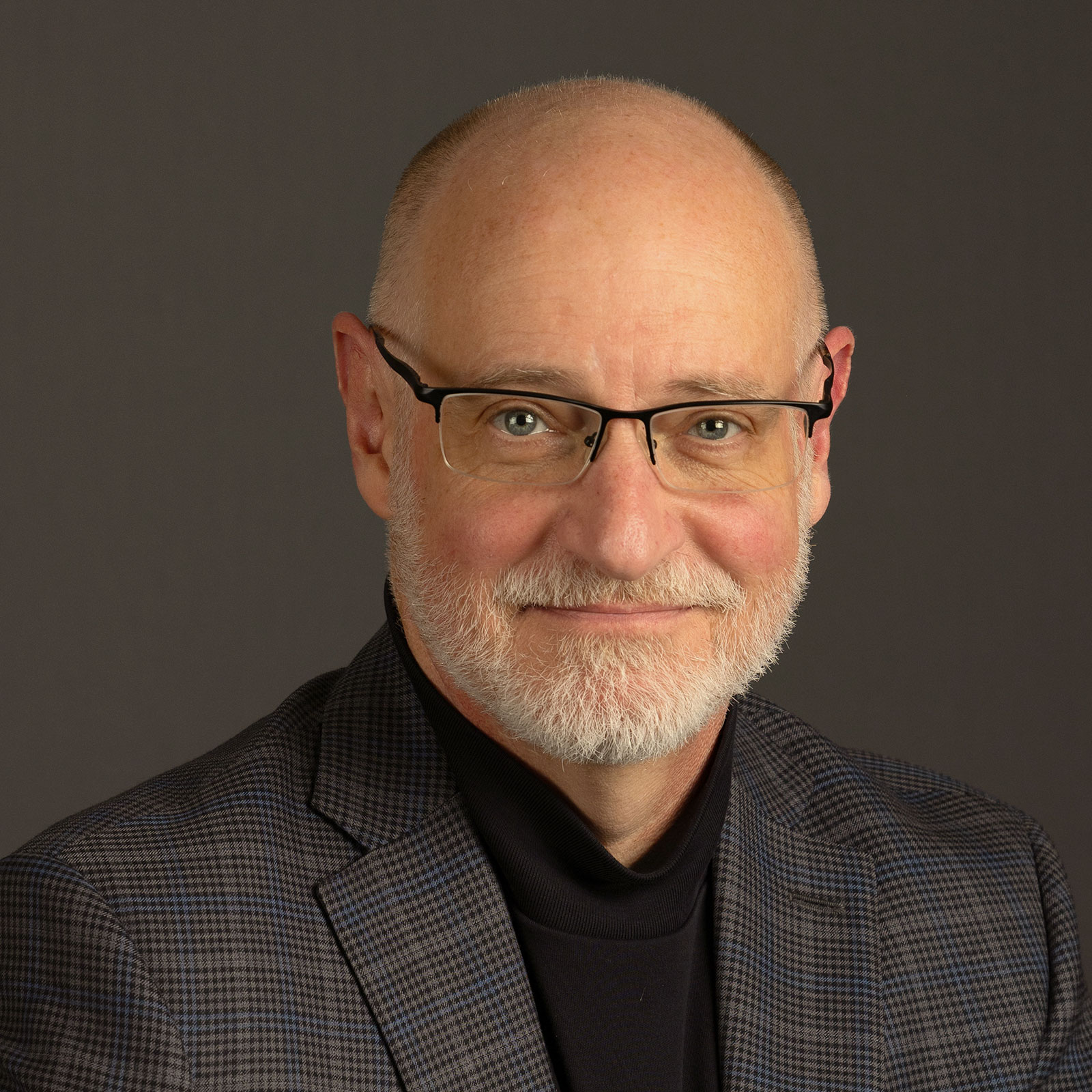Join a community of change agents committed to building a more environmentally sustainable future through our courses and programs in sustainability and global development. Equip yourself with the technical fluency, leadership skills, and robust systems thinking needed to drive effective change in policy, innovation, community outreach — and beyond.
Develop a Wide Range of Skills in the Field of Sustainability

The Harvard Extension Advantage
-
Faculty with deep expertise in cutting-edge issues like sustainable development, decarbonization, and climate adaptation
-
Practical, hands-on learning featuring interdisciplinary collaboration and global perspectives
-
Flexible formats, including online courses and short on-campus experiences
Explore Your Options
Master’s Degrees
In our graduate degree programs, you’ll engage with global issues and perspectives and build the skills to lead sustainability and global development initiatives at NGOs, Fortune 500 companies, and government agencies. Our students and alumni work in such roles as international climate researcher, senior manager of corporate sustainability, renewable energy business developer, and project engineer.
Sustainability
Learn to evaluate and design viable solutions to help build a more sustainable future.
Global Development Practice
Gain knowledge, practical skills, and an interdisciplinary perspective on global development issues.
Certificates
Explore our two-course microcertificates and four-course graduate certificate programs. You’ll learn the sustainability strategies and tools to excel in a variety of industries. Gain the knowledge to increase your impact in roles like sustainability manager, business manufacturing and operations manager, NGO program manager, sustainable finance analyst, or life cycle analyst.
Microcertificates (2 Courses)
Circular Economics
Incorporate circular systems for environmental health and business profits.
Greenhouse Gas Emissions (GHG) Accounting
Learn to advise organizations on ways to measure, mitigate, and reduce their carbon footprint.
Life Cycle Assessment
Explore the important role that life cycle assessment plays in a sustainable supply chain.
Sustainable Finance
Build expertise in environmental, social, and governance (ESG) standards for sound financial decision-making.
Graduate Certificates (4 Courses)
Corporate Sustainability and Innovation
Gain the skills you need to help your organization adopt sustainable business practices.
Environmental Policy and International Development
Deepen your knowledge of pressing global issues like climate change, resource scarcity, and population growth.
Natural Resource Management and Sustainable Ecosystems
Learn to evaluate and design practices, technologies, and systems that bring sustainable solutions to communities and organizations.
Sustainable Cities and Communities
Learn to design, develop, and maintain more sustainable practices and systems within the built environment and urban communities.
Sustainable Food Systems
Acquire the tools to address the challenges of food sustainability.
Courses in Sustainability and Global Development
Explore nearly 60 open-enrollment courses in sustainability offered in the fall, January, and spring terms this 2024–25 academic year.
Featured Courses
- Environmental Entrepreneurship: Start-up Essentials for Success
- Harnessing Artificial Intelligence for a Sustainable Future
- Just Transitions to Net-Zero: Navigating the Complexities of Decarbonizing Energy Systems
- A One Health Approach to Global Sustainable Development
- Principles and Practice of Climate Change Negotiations
- Food and Greed: Implications for Human Health and Sustainability
- Winning the Race To Zero: Opportunities and Challenges for Negative Emissions Technologies
Getting Started
Going back to school as an adult student can be overwhelming. These tips will help you navigate your next steps.
Design a Stackable Pathway in Sustainability
At Harvard Extension School, we offer flexible pathways to fit your schedule, budget, and career goals. You can design the path that works best for you. Start by taking a single course to build knowledge in a semester. Want to continue? Stack your course toward a certificate — and perhaps ultimately a master’s degree, choosing the courses that best fit your goals.
Explore the various opportunities to dive deep into sustainability — and design a flexible path through courses, certificates, and degrees.
Learn more about stackable pathways.
Sustainable development is ultimately about systems — natural, social, technical, and political — and how they operate and interact with one another. Fortuitously, our students are inherently interdisciplinary, coming from a wide range of professional sectors, academic backgrounds, and even countries. The very acts of them engaging with their peer students, their faculty, and with our diverse coursework all but guarantee that they will be exposed to interdisciplinary thinking during their time with us.”

Dr. Michael Mortimer
Director, Sustainability & Global Development Practice Programs
Sustainability FAQs
How do I move to a career in sustainability?
You can prepare for a successful career pivot to sustainability with educational and experiential opportunities, enabling you to build new knowledge and skills. Part-time master’s degree programs and certificates in areas like corporate sustainability, sustainable development, and lifecycle assessment can also help you fill gaps.
More than 42 percent of students in the Sustainability Master’s Degree Program at Harvard Extension School have switched careers. HES students complete courses in the areas of climate change, sustainable business, innovation, and just transitions. They also complete thesis or capstone projects focused on developing actionable solutions — projects that have real-world implications.
What degree do you need to work in sustainability?
Sustainability professionals come from a variety of educational backgrounds. Common degrees include environmental science, sustainable development, and ecology. The field of sustainability is interdisciplinary and ever-evolving, and specialized courses, certificates, and master’s degrees like the ones offered at Harvard Extension School enable professionals to build the skills to adapt and thrive.
“Environmental sustainability and sustainable development are changing in real time,” says Michael Mortimer, sustainability program director, “and our students should expect us to be out ahead of what they will face in their careers.”
Which sustainability career skills are most in demand?
A career in sustainability requires a diverse skill set that includes technical expertise, analytical and problem-solving abilities, and collaboration. In addition, interdisciplinary knowledge is essential. “Sustainable development is ultimately about systems — natural, social, technical, and political — and how they operate and interact with one another,” says Dr. Mortimer. “Our students are inherently interdisciplinary, coming from a wide range of professional sectors, academic backgrounds, and even countries. The very acts of them engaging with their peer students, their faculty, and with our diverse coursework all but guarantees that they will be exposed to interdisciplinary thinking during their time with us.”


